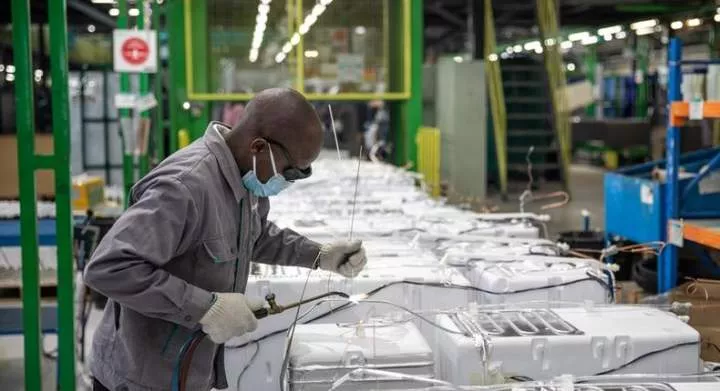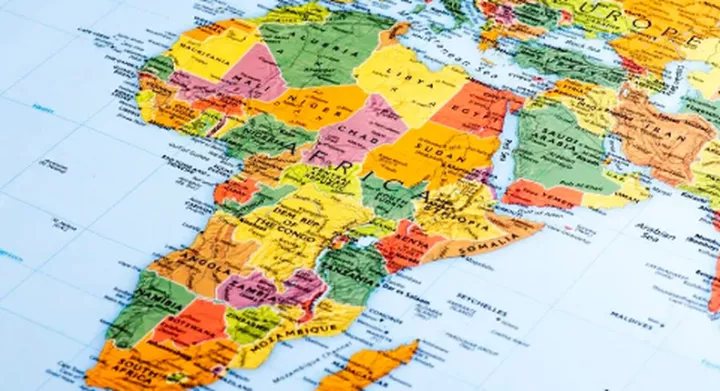
In the global economy, labour productivity is an important factor that drives economic growth and improves people's standard of living. Africa boasts a youthful and dynamic workforce with huge potential.
According to the International Labour Organisation (ILO), labour productivity represents the total volume of output (measured in terms of Gross Domestic Product, GDP) produced per unit of labour (measured in terms of the number of employed persons or hours worked) during a given time reference period.
Historically, the rise in worker productivity has been the main driver behind the economic boom in many countries.
Increased productivity allows businesses to produce more goods and services with the same amount of labour, leading to increased profits, investments in new technologies, and higher wages for workers. Economies with high labour productivity can afford better social services, infrastructure, and living conditions for their populations.
Africa, with its large and growing human resource base, presents a unique case in the global productivity landscape. The continent boasts a youthful and dynamic workforce with huge potential.
However, compared to other developed economies, many African countries still struggle with low labour productivity. Poor infrastructure, economic mismanagement, and poor education and skills development on the continent are major causes of this.
On the continent, Libya is ranked the most productive country with 30$ GDP per hour worked according to data from Ilostat. Gabon and Mauritius follow closely with 26$.
Below are the top 10 most productive countries in Africa according to the ILO:
| 1 | Libya | 30$ |
| 2 | Gabon | 26$ |
| 3 | Mauritius | 26$ |
| 4 | Botswana | 21$ |
| 5 | South Africa | 21$ |
| 6 | Egypt | 20$ |
| 7 | Equatorial Guinea | 20$ |
| 8 | Djibouti | 20$ |
| 9 | Algeria | 19$ |
| 10 | Tunisia | 16$ |

















Comments